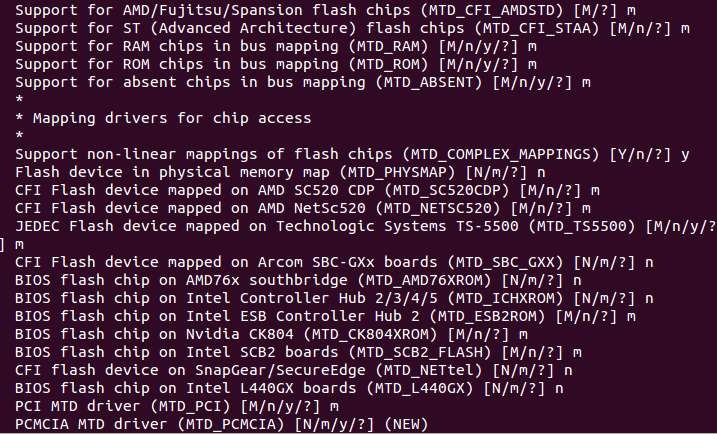
Updating linux kernel centos 6.x install#
dnf install -y kernel-devel-$(uname -r).rpm Oracle Linux Once downloaded, the kernel-devel package can be installed by running the following bash command in the directory where the downloaded.
Updating linux kernel centos 6.x download#
The name of the file to download is given by the output from the following bash command. rpm packages for CentOS can be manually downloaded from. rpm package can be manually downloaded from the vendor's OS archives and then manually installed, or the kernel can be updated to a supported version and the above command tried again.Īs an example, if using CentOS and updating the kernel to a version supported by the distribution is not possible, old kernel-devel. NOTE: If the above command fails with an error "No match for argument" then it's possible that the current kernel version is no longer supported and the OS maintainer has removed the package from the dnf repository. The fault should then be cleared within one minute after the restart. If the fault does not clear within one minute then manually restart the connector. The connector should recover and clear the fault within a minute. To install the kernel-devel package corresponding to the currently running kernel, run the following. Note that the connector will not be providing realtime protection of the system when these features are disabled. Install the `kernel-devel` package matching the currently running kernel.Īlternatively, in the rare situation that realtime filesystem and network monitoring is not needed then this fault can be cleared by disabling both 'Monitor File Copies and Moves' and 'Enable Device Flow Correlation' in the policy.

The kernel-devel package required for realtime filesystem and network activity monitoring is missing and the connector policy has either 'Monitor File Copies and Moves' or 'Enable Device Flow Correlation' enabled. The kernel-devel package installs the needed kernel development header files in the /usr/src/kernels directory, organized according to their kernel version. The fault will typically be raised after a fresh Secure Endpoint Linux connector install or after updating the system kernel.

This compilation requires that kernel development header files corresponding to the currently running kernel be installed. When realtime filesystem and network monitoring is enabled the connector will compile the eBPF modules each time the connector is started, or in realtime when these features are enabled as part of a policy update. For Ubuntu 18.04 and later as well as Debian 10 and later, eBPF modules are native.įor widest compatibility the connector will automatically compile the eBPF modules used by the connector before loading and running them on the system. The eBPF modules replace the Linux Kernel Modules used when running on RHEL 6, RHEL 7, Oracle Linux 7 RHCK, Oracle Linux 7 UEK 5 and earlier, and Amazon Linux 2 kernel 4.14 or earlier. Starting with RHEL 8, Oracle Linux 8 RHCK, Oracle Linux 7 and 8 UEK 6, and Amazon Linux 2 kernel 4.19 or newer the connector will use eBPF modules for realtime file system and network monitoring.

For Debian and Ubuntu this fault may be raised when the linux-headers package is missing. On Red Hat Enterprise Linux (RHEL) 8 and variants, Oracle Linux 8 Red Hat Compatible Kernel (RHCK), Oracle Linux 7 and 8 Unbreakable Enterprise Kernel (UEK) 6, as well as Amazon Linux 2 running on a 4.19 or newer system kernel, the Cisco Secure Endpoint Linux connector will not be able to monitor file moves or enable Device Flow Correlation (network monitoring) when the kernel-devel package, or kernel-uek-devel package on Oracle Linux UEK, is missing for the currently running kernel. The connector will raise fault ID 11 " Required kernel-devel package is missing" in this situation.


 0 kommentar(er)
0 kommentar(er)
